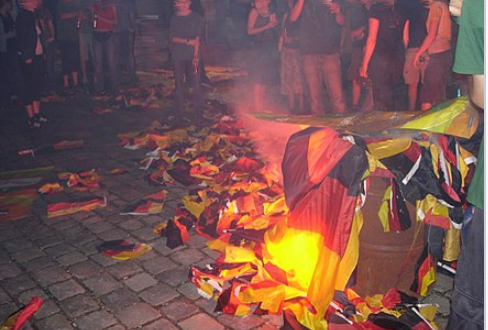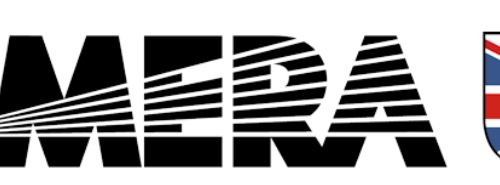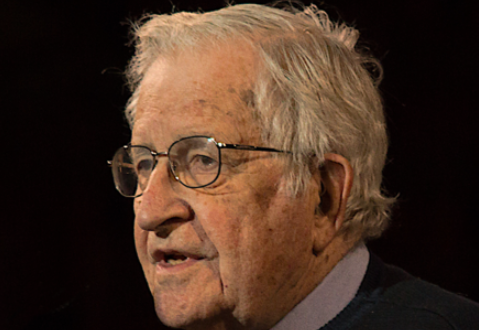The Washington Post reports:
Only two weeks after Facebook CEO Mark Zuckerberg released a strongly worded #JeSuisCharlie statement on the importance of free speech, Facebook has agreed to censor images of the prophet Muhammad in Turkey — including the very type of image that precipitated the Charlie Hebdo attack.
It’s an illustration, perhaps, of how extremely complicated and nuanced issues of online speech really are. It’s also conclusive proof of what many tech critics said of Zuckerberg’s free-speech declaration at the time: Sweeping promises are all well and good, but Facebook’s record doesn’t entirely back it up.
Just this December, Facebook agreed to censor the page of Russia’s leading Putin critic, Alexei Navalny, at the request of Russian Internet regulators. (It is a sign, the Post’s Michael Birnbaum wrote from Moscow, of “new limits on Facebook’s ability to serve as a platform for political opposition movements.”) Critics have previously accused the site of taking down pages tied to dissidents in Syria and China; the International Campaign for Tibet is currently circulating a petition against alleged Facebook censorship, which has been signed more than 20,000 times.
While Facebook doesn’t technically operate in China, it has made several recent overtures to Chinese politicians and Internet regulators — overtures that signal, if tacitly, an interest in bringing a (highly censored) Facebook to China’s 648 million Internet-users.
Perhaps Facebook should adopt a simple universal policy: if it can’t operate in a country without serious restrictions on free expression (excluding threats of violence or incitement to violence), it should simply refuse to operate in that country at all.


